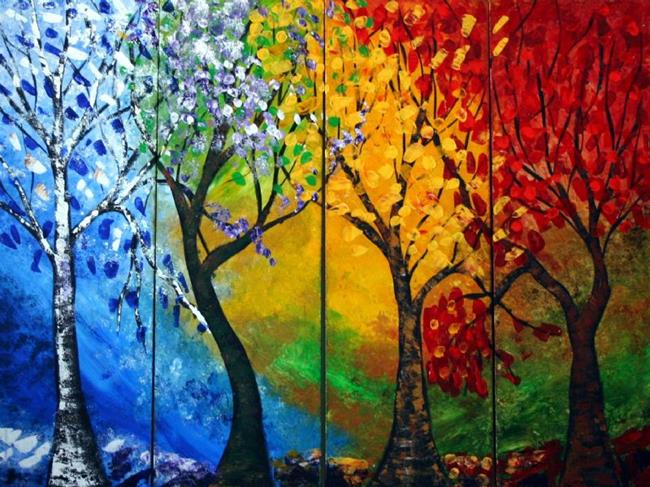A Reflection by Dean Deb Auger
Please read the poem below aloud.
For everything there is a season, and a time for every matter under heaven:
a time to be born, and a time to die;
a time to plant, and a time to pluck up what is planted;
a time to kill, and a time to heal;
a time to break down, and a time to build up;
a time to weep, and a time to laugh;
a time to mourn, and a time to dance;
a time to throw away stones, and a time to gather stones together;
a time to embrace, and a time to refrain from embracing;
a time to seek, and a time to lose;
a time to keep, and a time to throw away;
a time to tear, and a time to sew;
a time to keep silence, and a time to speak;
a time to love, and a time to hate;
a time for war, and a time for peace.
The writer of Ecclesiastes wrote, “to everything there is a season…” The BYRDS put it this way. (Yes, I know I am totally dating myself!)
None of us could have anticipated this current season which has included so much loss, grief and lament across the globe and deeply within our souls. As we conclude this semester, for many your last, we come to the end of the season that is passing even as we anticipate the season ahead. While it is often bittersweet, this year’s ending may be especially painful. We have all experienced endings before, and new beginnings. But where does the ending really end the beginning really begin? And what about when we are in the middle of it all?
Well, it turns out, we are often in the middle of it all-of the beginnings and endings. We are all often in transition. And today, the instability we feel is only exacerbated by being in the middle of a global pandemic. One author calls these “pile-ups”- think freeways and traffic. To everything there is a season…

This researcheri posits that, on average, we will experience three dozen “disruptors” over the course of our life; some more disruptive than others. He writes that three to five of those will be major “life-quakes” which will lead to major life transitions. His research showed that most of us spend half of our adult life in this unsettled state. The first of those for me was when I was seventeen, about to graduate high school when I got a phone call that would change my life. My dad had a massive heart attack and was close to death. He was 50. While he lived a few years following that event, his sickness was a disruptor that impacted the rest of my life, especially in those bridge years from adolescence to adulthood.
When life piles up these disruptive events it is natural to feel disoriented and alone. These feelings are not unfamiliar to the psalmists or even to Jesus. It can feel like Lent has lingered on and that Easter is a little harder to grasp. Perhaps Jesus’ words from the cross echo in our own hearts these days, “My God, my God, why have you forsaken me?” “Why have you forsaken us?”
Transitions often take longer than we think they will but not longer than we need.ii And it is exactly in that place of transition that transformation can take place. We tend to lean away from transitions even though they are the key to transformation. But these are also an opportunity to be “born again” – dying to what was so that something new can be born in and through us.
As we move from one season to the next, may God grant us grace for ourselves and others in the middle of the seasons. May we be diligent to practice surrendering what has been and lean into what will be. May we remember that to everything there is a season. And may God use the transitions ahead to transform us into more loving, more giving and more grateful global and kingdom citizens-to the glory of God.
i. Feiler, B. (2020, June). The Non-Linear Life. Psychology Today, 56 f. This article is the summary of a book by the same author, Life is in the Transitions: Mastering Change at Any Age. New York: Random Books, July 2020.
ii. Ibid.
